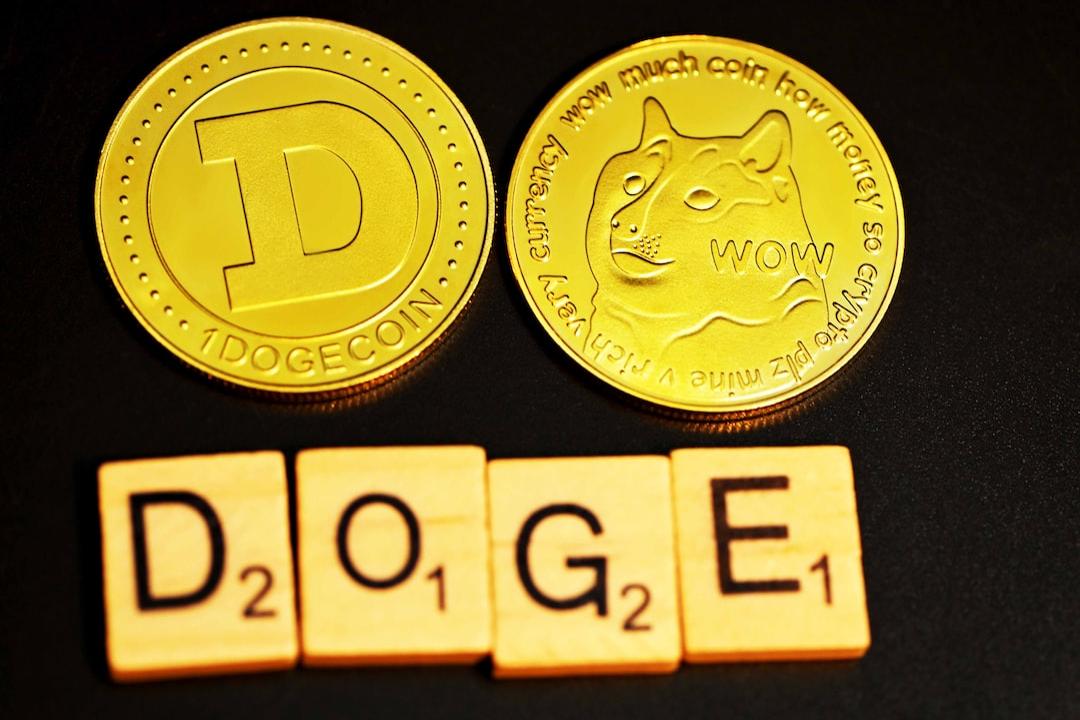The SEC’s approval process for spot Ethereum (ETH) exchange-traded funds (ETFs) is causing quite a stir in the crypto industry. There is disagreement on whether the news signifies a clear approval, as the SEC has not yet given the green light for trading these products.
Of particular interest is the inclusion of staking in the filings. This could indicate a compromise between the product providers and the SEC, or it might suggest that the regulator is leaving a door open for further examination.
Staking has been a major point of contention for spot ETH ETFs, with conflicting views on whether it meets the criteria of an investment contract according to the Howey Test. The SEC argues that staking involves investing money into a common enterprise with the expectation of profits based on the efforts of others, making it fall under their jurisdiction as a security.
On the other hand, opponents argue that staking is more of a technical service rather than a traditional investment contract, as it involves securing the network by locking up crypto tokens. The rewards are built into the smart contract itself, not reliant on the work of validators or developers.
The recent actions by the SEC suggest a level of uncertainty, with the approval of S-1 filings needed for the ETFs to start trading. While there are signs of progress with BlackRock updating its filing, the timeline for approval remains unclear due to the political landscape in the U.S.
The recent approval of the FIT21 bill in the House indicates a changing attitude towards digital assets, but the future regulatory environment for crypto remains uncertain. Once the ETFs start trading, we may see a positive impact on the price of ETH, potentially triggering an “altseason,” although the focus will likely remain on the Ethereum ecosystem.
Despite the regulatory challenges, most altcoins will continue to be speculative investments driven by sentiment and retail interest. Institutional demand for Ethereum may not match that of Bitcoin, especially with ongoing uncertainties around staking. Investors should be prepared for volatility and different outcomes, as the SEC’s stance on staking and the results of the upcoming election will play a significant role in shaping the market.
It is crucial for investors to stay informed and maintain a balanced approach amid the current regulatory and political uncertainties. Understanding the risks involved and being prepared for various scenarios will be key to navigating the evolving crypto landscape.


